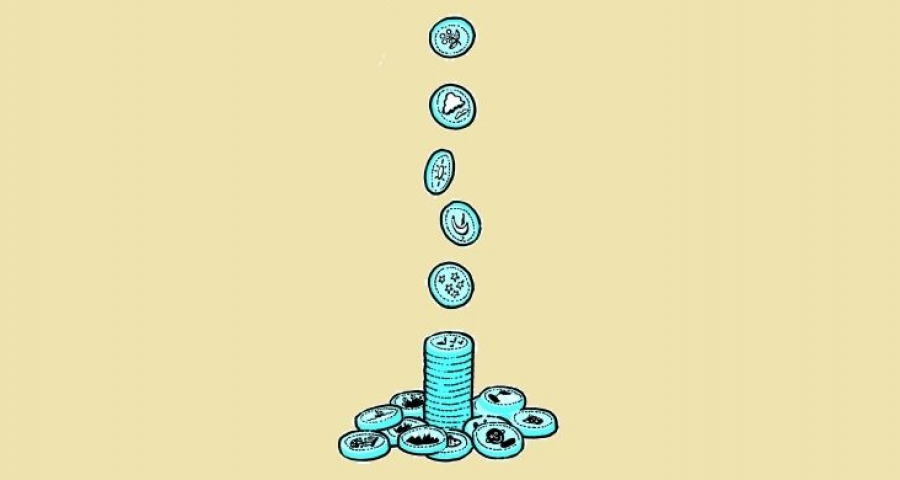For many years we have been consuming our natural, civil and spiritual capital as if they were infinite. What to do now that those capitals are actually running out?
by Luigino Bruni
published in Messaggero di Sant'Antonio on 06/04/2024
Ancient economy thought that wealth was linked to the possession of capital. Palaces, mines, and especially gold, were considered the real wealth of families, cities or states. Therefore, economic policy had only one direction: increase the gold in the chests, and do everything to let go as little of it as possible. Then, in the mid-eighteenth century, the French school of ‘Physiocracy’ made a radical change, telling us that the most important wealth was something else: the annual flow of income that capital generates. And the concept of GDP, the gross domestic product, was born, which only became operational with the beginning of the 20th century and the development of national accounting techniques.
With the birth of the modern economy we thus began to measure flows, no longer stocks or capital. It was known that flows, that income, originated from capital of various kinds - financial, human, social... - but they remained in the background of economic theory and thus of measurement. And so, since the different types of capital were no longer seen by economic theory and politics they began to gradually deteriorate. We have consumed them, also because at the beginning of capitalist economic development they were very abundant (especially environmental and community capital), and so their stock seemed to be almost infinite. Only at the end of the second millennium did we begin to realise that those capitals were really running out.
The first capital of which we (almost) all see the serious deterioration is environmental capital. The earth, used as a resource to be extracted without reciprocity, is raising its cry, taken up by a young girl (Greta) and an old man (Francis), but much less by the world of economics and politics. When calculating this mutuality of advantages, the market, founded on mutual benefit, has not included the advantage of the earth, animals and other species, too, within the calculations of costs and benefits, and intra-human reciprocity has grown at the expense of non-human life, which was an unethical choice and also short-sighted and stupid from many points of view.
Natural capital, however, is not the only capital that is dying. Another ‘stock’ that capitalism is consuming is the civil and spiritual one, made up of civil virtues and the ability to be in the world. Companies were the first to realise this, based on their vocation to speculate - the word derives from specula, the place where one stands to see further. Young workers arrive in companies less and less equipped with that ethical capital made up of emotional resilience, the ability to manage conflicts and to cooperate, because all these skills had been managed within ethical and narrative codes that were almost exhausted in the 20th century. Hence, on the one hand, the uneasiness of young workers to fit into our productive organisations - of which the serious phenomenon of the ‘Great Resignation’ of millions of workers after the Covid-19 pandemic is a sign - and, on the other hand, the worrying proliferation of a forest of consultants (coaches, counsellors, work psychologists, wellbeing managers, and so on) who are supposed to create in-house those virtues and skills of workers that no longer come from outside (family, churches, community...).
What to do? First, we should talk about it more. Then we should start measuring the different types of capital, not just GDP, which increases also through wars, gambling and people's unwellness. A season of new ‘capital account’ measurers should be launched to monitor the health of what remains of the climate and civil virtues, public ethics, moral and spiritual heritage that generated the economic and civil miracles of the 20th century.
Credits foto: © Giuliano Dinon / Archivio MSA








